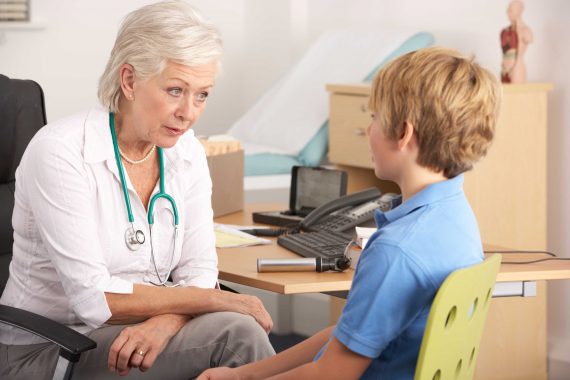GPs ‘should be supported to record more adverse childhood events’

GPs are being prompted to more efficiently record adverse childhood experiences (ACEs), due to their correlation to negative outcomes later in life.
This was reported in a retrospective cohort study published in BJGP Open.
The study also concluded that poor engagement with primary care services, such as repeated non-attendance, can mediate the association between adverse outcomes and ACEs.
Despite comprehensive appointment recording, it remains unknown if or how adverse events are recorded within GPs’ clinical records.
Medics from the Universities of Glasgow, Lancaster and Aberdeen analysed 824,374 anonymised GP records. They found that just 0.4% of patients had any record of a code mapped onto the ACEs questionnaire. This is in direct contrast to surveys that have reported rates as high as 47%.
ACEs include sexual, physical, and verbal abuse; neglect; and living with care-givers who face domestic violence, substance use, mental health issues or imprisonment.
The researchers have subsequently emphasised the need for greater efforts and support in encouraging GPs to ask about and report on ACEs.
Lead author Dr Andrea Williamson, from the University of Glasgow, said: ‘As debate about ACE-informed practice develops, this evidence is an important reminder of the significant further research and support that would be required for general practices to incorporate recording ACEs into their everyday clinical practice as a significant risk factor for increased morbidity and premature mortality’.
The sample, nationally representative of 136 Scottish GP practices, was based on data collected between September 2013 and September 2016. Its secondary finding suggested that patients who regularly miss appointments are more likely to be socially vulnerable.
Pulse recently investigated how GPs’ referrals to young people’s mental health services are being restricted.
Last year, the RCGP updated its guidance on child safeguarding, with NHS England later clarifying that it isn’t mandatory for GPs.
Visit Pulse Reference for details on 140 symptoms, including easily searchable symptoms and categories, offering you a free platform to check symptoms and receive potential diagnoses during consultations.









